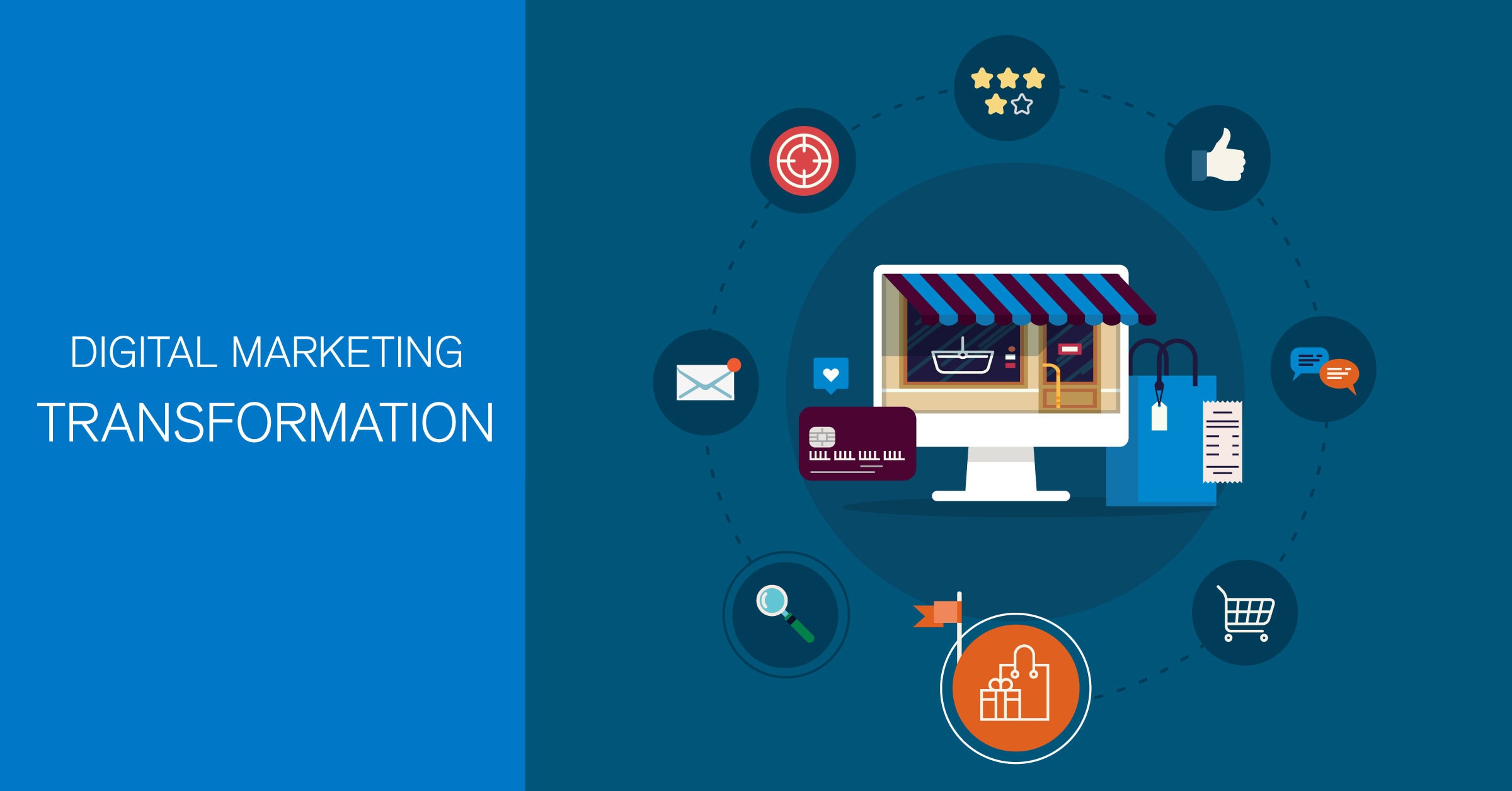What is Magento?
Magento® is an open-source scalable ecommerce platform. Breaking some of those terms down a bit, it means:
- Ecommerce: It’s designed to sell products and services on the internet.
- Scalable: It can be used for large or small businesses, from a few hundred products to hundreds of thousands of products.
- Open-source: If there’s something you want altered in Magento, a developer can make changes to your personal store, or purchase extensions and themes in the Magento Marketplace.
The Magento ecommerce platform handles more than $100 billion in gross merchandise volume and is a viable solution for small businesses to large corporations like Coca-Cola® and Burger King®.
What is Magento used for?
Magento can be used for any B2B or B2C business that has an extensive product catalogue.
Some of Magento’s most useful out-of-the-box features are that:
- It’s a secure platform.
- It can be integrated with other platforms you use for your business, like your email management platform.
- It’s scalable, allowing your business to easily grow from 100 products to 100,000 products.
- It includes payment solutions.
- All features are completely customizable, allowing your store to have whatever features you require.
Magento is available in two versions:
Magento Open Source: This version of the Magento ecommerce platform is free to download and use. However, it should be noted that to use it you will either have to a) be a developer or b) hire someone with Magento expertise in order to configure and run it. Blue Door Consulting can help you with this process, contact usfor more information.
Magento Commerce: Magento Commerce provides enterprise-level features right out of the box, and comes in two versions:
- Magento Commerce Starters
- Magento Commerce Pro
Prices vary between the two, but both versions include cloud hosting and 24-hour support.
What is Magento Connect/Magento Marketplace? What can I do with Magento Marketplace extensions?
Magento Connect was Magento’s original marketplace for extensions, apps and plugins, which allowed the user to customize Magento in a multitude of ways. Magento Connect was closed in 2017 and all the extensions can now be found in the Magento Marketplace. Extensions vary in cost from zero to hundreds of dollars, and the extensions allow the user to do everything from connect to Instagram®, to configure a Magento site, to be able to create gift registries.
Magento ecommerce comparison: How does Magento compare to other platforms?
Magento is one of many different kinds of ecommerce platforms, all of which have different configurations, fees and ease-of-use. To see which best meets your needs, read on for a Magento ecommerce comparison that evaluates the platform against Shopify®, WooCommerce® and OpenCart®.
Magento vs Shopify
Magento and Shopify have multiple things in common, from unlimited store sizes to free and premium extensions. Larger differences between the two platforms include:
- All versions of Shopify include a monthly fee-there is no open source edition.
- Shopify includes the ‘myshopify.com’ subdomain, whereas the open source edition of Magento requires you to purchase your own subdomain.
- Shopify is designed to be simpler for the everyday user to configure and utilize.
Magento vs WooCommerce
WooCommerce is an open-source store built on top of WordPress. (Magento can be configured to function with WordPress®, either by a developer or with the help of extensions purchased in the Magento Marketplace.) Much like Magento it has a free version, though it requires a domain name and hosting. WooCommerce may still require help from a developer, though users who are familiar with WordPress may be able to use it without additional assistance.
Magento has additional features that WooCommerce lacks, including product reviews, wish lists, grouped items, advanced pricing rules and product personalization.
Magento vs Opencart
Magento and Opencart are both open source and have strong user communities, which means that they have the ability to be configured to exact user specifications.
Magento has a stronger learning curve, while Opencart is considered easier for beginning users. However, Magento shines from a search engine optimization perspective, with the ability to optimize titles, images and URLs.
Is Magento easy to use?
If you have development experience, Magento is well-documented and has many excellent features.
However, if you are a non-developer you will likely need some Magento expertise when setting up an online store. Blue Door Consulting can help you get your store off the ground.
How do I develop a Magento website?
If you’re already a developer, development documents and user guides can be found here.
If you’re not a developer and feel like Magento might be the best solution for your online store, one of our developers would be happy to help.
Magento may be the ecommerce solution for you!
If you’re looking to start an online store but you aren’t sure how to proceed, we’d love to help you get started.




